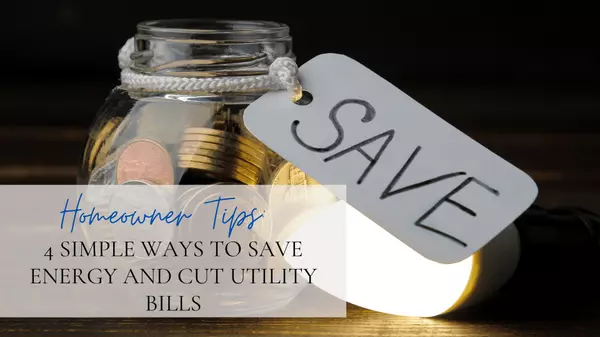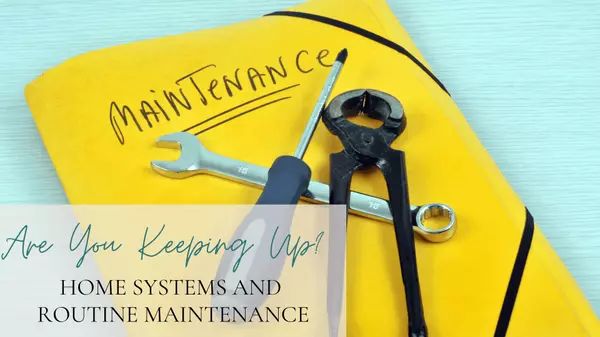All about Termites - What is a Termite Bond, How to Prevent Termite Damage
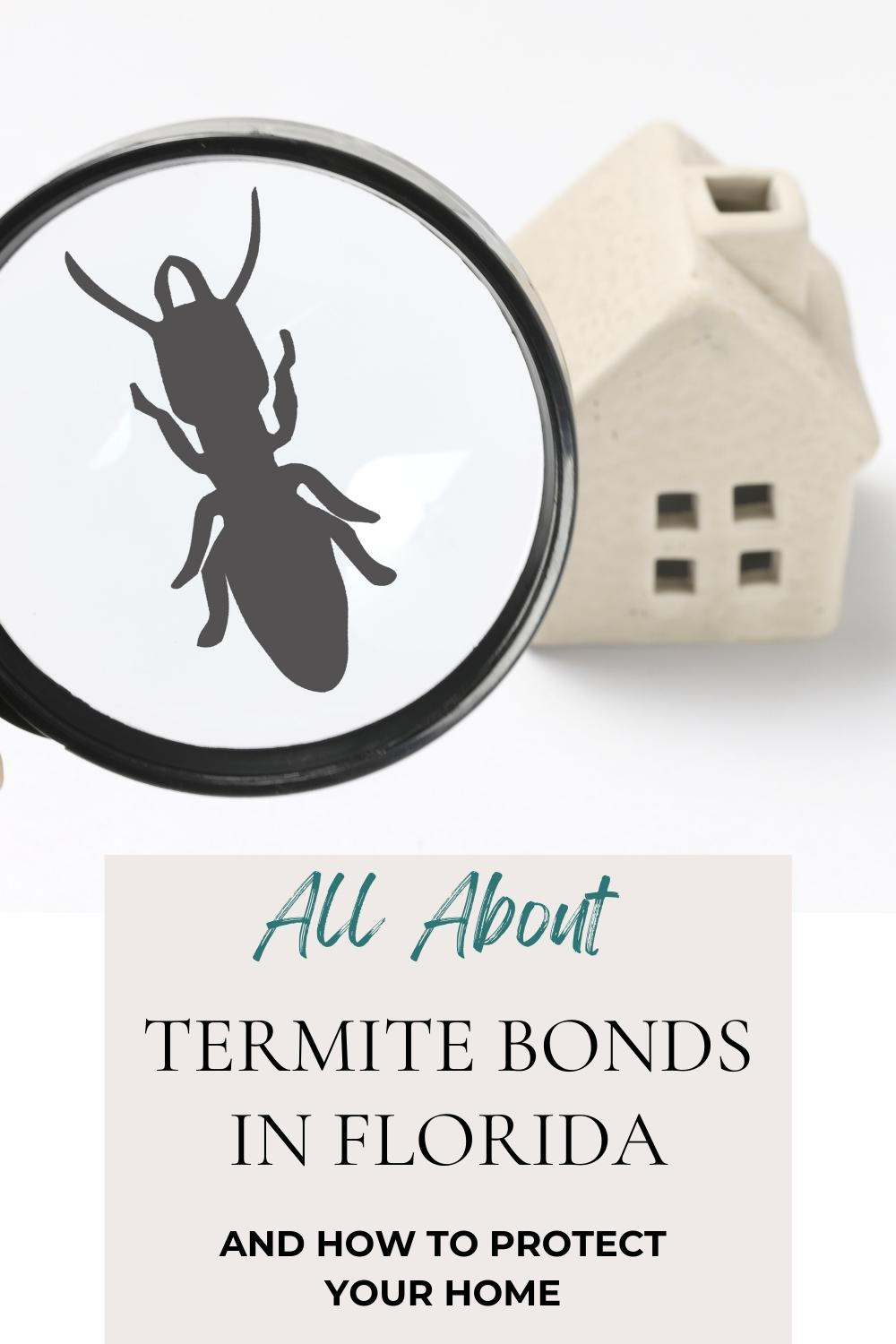
Protecting Your Investment: Understanding Termite Bonds in Florida
Welcome, Florida home buyers! As you embark on the exciting journey of purchasing your dream home in the Sunshine State, it's essential to be aware of potential threats lurking beneath the surface—particularly, those tiny yet mighty creatures known as termites. If termites are not discovered in time, some sources estimate the average cost of repairs to be $20,000-$40,000 for an average sized home. Don't fret, though! In this article, we'll explore the wonderful world of termite bonds, what they entail, their transferability, and what questions you should ask to ensure your home remains termite-free. So, let's dive in and arm ourselves with knowledge!
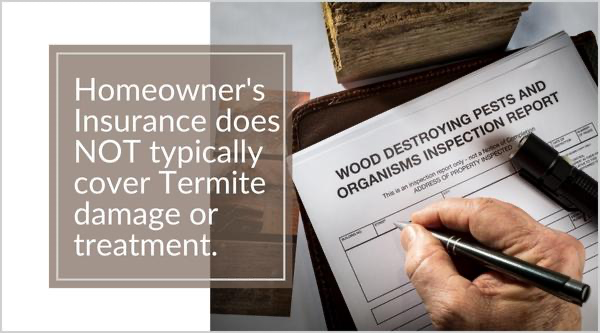
What Are Termite Bonds?
Did you know homeowner’s insurance will not typically cover termite treatments or damage? A termite bond is a legally binding contract with a pest control company. This contract is similar to insurance in that it provides protection against termites and the damage they can cause. For a recurring fee, they will visit your home on a regular schedule to inspect and do preventative treatments. The fee and inspections are usually annual.
What's Included in a Termite Bond?
When considering a termite bond, it's crucial to know what you're getting. Generally, a termite bond will include:
-
Initial Inspection: A licensed professional will inspect your property for existing termite activity and identify any potential risk factors.
-
Treatment and Prevention: If termites are discovered, the bond covers the cost of treatment to eradicate them. It also includes preventive measures to keep termites at bay, such as regular inspections and treatments.
-
Possibly Repair Coverage: In the unfortunate event that termite damage occurs while under the bond's protection, certain bonds may provide coverage for repair costs, helping you restore your home to its former glory. Please note: Not all bonds cover repair costs. Be sure to read the fine print and discuss the details with the pest control company offering the bond.
-
Renewal Options: Termite bonds usually come with renewable options to ensure ongoing protection for your home against future termite infestations.
Are Termite Bonds Transferable?
It's an important question—can you transfer the termite bond to a new homeowner? The answer, my friends, varies. Some termite bonds are indeed transferable, meaning the protection and benefits can be passed on to the next homeowner. This can be a valuable selling point when it's time for you to move on. However, it's crucial to check the specific terms and conditions of the bond to ensure a smooth transfer.
Questions to Ask:
Before committing to a termite bond, it's essential to ask the right questions to make an informed decision. Here are a few to get you started:
-
What pests are covered by the termite bond?
-
How often will inspections be conducted, and are they included in the bond?
-
Are treatment costs covered under the bond?
-
In the event damage occurs while the bond is active, will the bond cover repair costs?
-
Are there any restrictions or exclusions in the bond coverage?
-
Is the bond transferable to a new homeowner if I decide to sell?
-
Does the bond automatically renew?
What if the home I’m interested in doesn’t currently have a Termite Bond?
It is always recommended you have a WDO inspection done before you purchase a home, even when there is an active Termite Bond in place. WDO stands for “Wood Destroying Organisms” and includes inspecting for wood rot, termites, and other wood destroying insects. If an active termite infestation is found, a termite damage evaluation can be ordered.
Once you close on your new home, you can sign up for a new Termite Bond with a Pest Control Company.
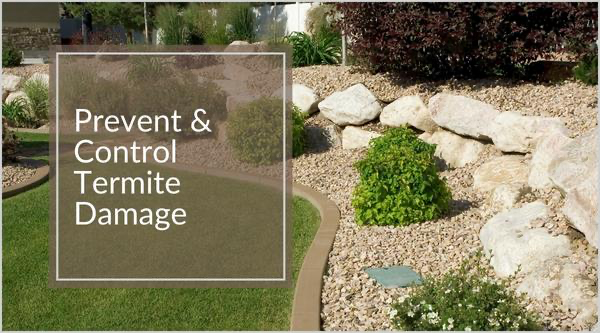
How do I prevent and control Termite Damage in my New Home?
According to the Florida Department of Agriculture and Consumer Services’ website, they recommend the following*:
Prevention and Control for All Subterranean Termite Species:
-
Have your home annually inspected by a licensed pest control company. Have a pest control professional treat with a non-repellent chemical soil barrier or an in-ground bait system around your home.
-
Reduce moisture by extending gutter and drainage systems at least 1 foot away from your home. Keep gutters clean and well maintained.
-
Direct sprinklers away from the house.
-
Repair any water leaks in or around your home immediately.
-
Eliminate wood-to-soil and stucco-to-soil contact.
-
Keep mulch and plant material away from the exterior and foundation of your home.
-
Repair cracks in your foundation and around your home’s exterior. Termites can use cracks the thickness of a credit card to invade.
-
Do not disturb the termite treatment around your foundation.
*SOURCE: https://www.fdacs.gov/Consumer-Resources/Health-and-Safety/Protect-Your-Home-from-Pests/Termites/Subterranean-Termites
Termites are indeed prevalent in Florida. By understanding termite bonds and their benefits, you can safeguard your investment and protect your home. Remember to ask the right questions, explore your options, and contact the Endsley Team at Gulf Realty 30A for expert guidance. Your future home deserves the best protection, and together, we can ensure it remains a sanctuary for years to come.
Happy house hunting friends!
- Julie
Categories
Recent Posts
